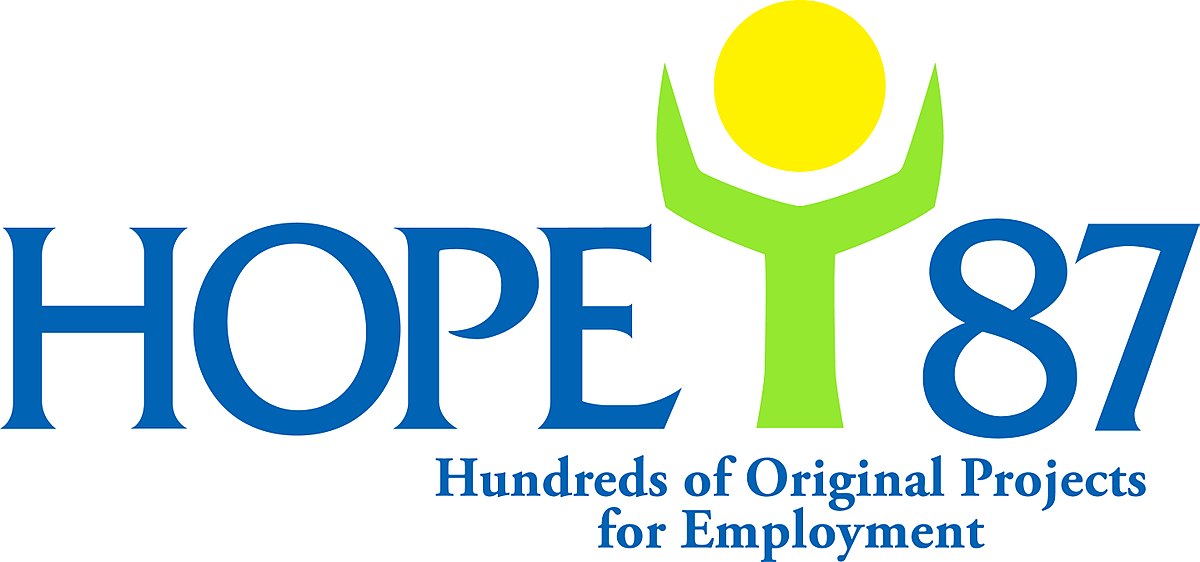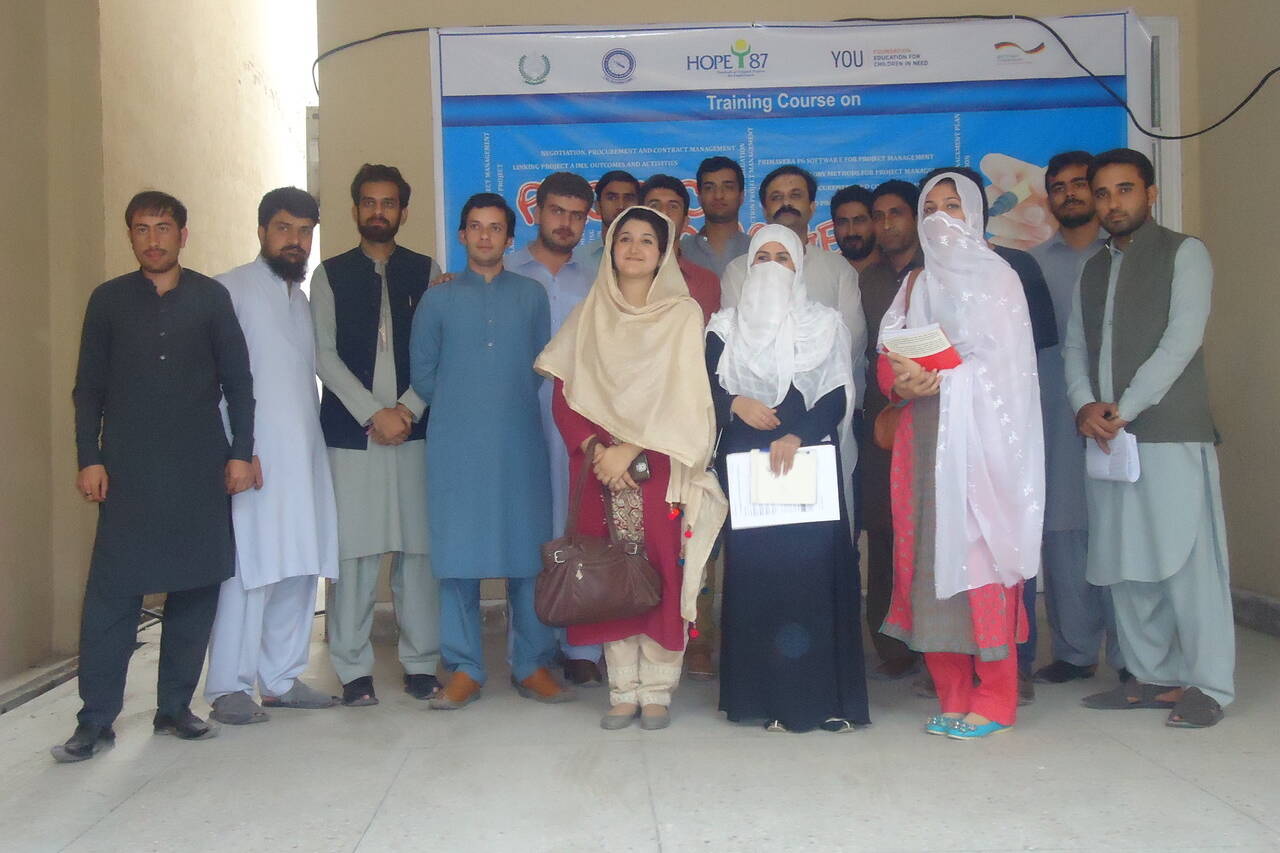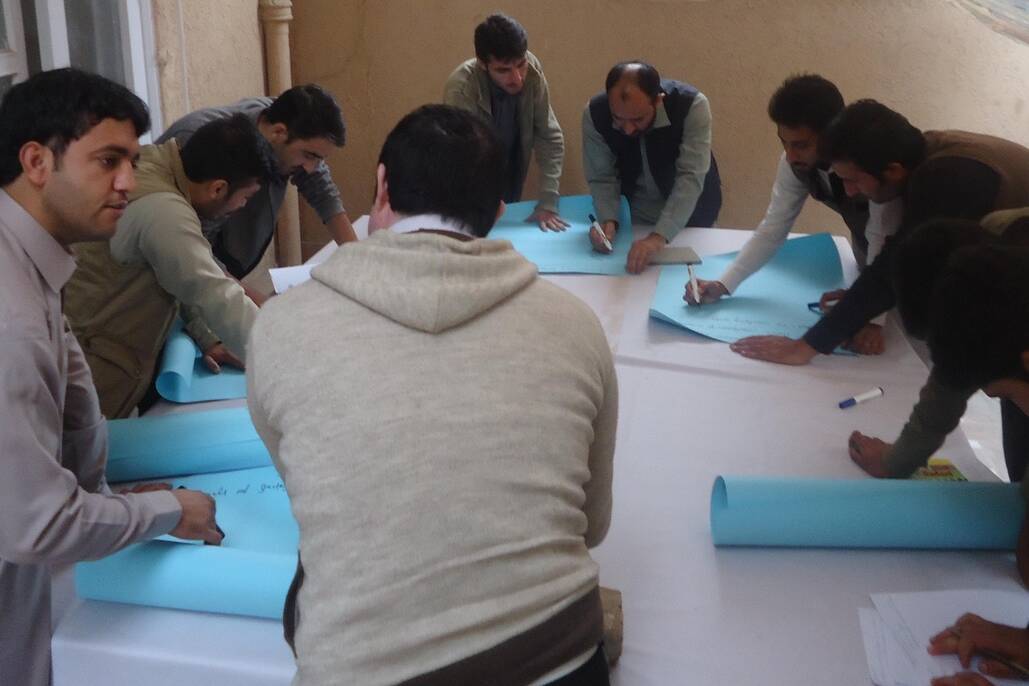As the second-poorest province in Pakistan, access to skilled work is vital for the population of Khyber Pakhtunkhwa. It is especially important for youth and women, who have the lowest participation in the country’s workforce at present. This project was located in Peshawar district, in the province of Khyber Pakhtunkhwa and aimed to complement efforts by the KPK government to establish public-private partnerships for skills development. The overall objective of the project was for small and medium-sized businesses and enterprises (SMEs) to enhance their performance and outreach through young talent, whilst the specific aim of the action was for young men and women to access better employment opportunities by virtue of having improved their competencies at e-learning skills centres. The project aimed to build bridges between SME employers and job seekers. Both parties benefitted: the SMEs were able to hire more skilled employees to meet their specific needs and job seekers received trainings that improve their employability and retention.
A detailed market survey, training needs assessment and baseline survey was carried out at the outset to identify the demand driven skills required by the small and medium enterprises (SME). This activity also helped prepare the grounds for the networking with the SME sector. The skills and trainings that the SME employers would like to see in their prospective and future employees were identified by this approach.
This was followed by an active engagement of the Ministry of Elementary and Secondary Education – to use the IT labs of government boys and girls high schools as training centres during after school hours- together with the development of training modules for e-learning centres. Any necessary upgrade of the IT lab´s equipment has been assessed. Through coordination with the Chambers of Commerce and Industry, Traders associations, Universities, training institutes and other civil society organisations present in the target areas any duplication was avoided and synergies were created for the best possible coordinated program formulation. The target groups (youth, both male and female) were actively involved and engaged for the identification of training requirements and cultural and social needs of girls and women to ensure their equal participation. This in essence was the cornerstone of a participatory accountability process for the targeted interventions.
The project provided trainings to 240 youth (about 50% girls) per year in one adapted e-learning center in a government high school whilst about 192 youth (about 50% girls) were able to secure internship opportunities at small and medium enterprises. This action was financed by the German Federal Ministry for Economic Cooperation and Development (BMZ) and co-funded by the YOU Foundation – Education for Children in Need.
Project Type
Development Project
Project Duration
15/04/2017 to 31/12/2017
Status
Completed
Country
Pakistan
Region
Khyber Pakhtunkhwa
Donor(s)
YOU Foundation – Education for Children in Need


